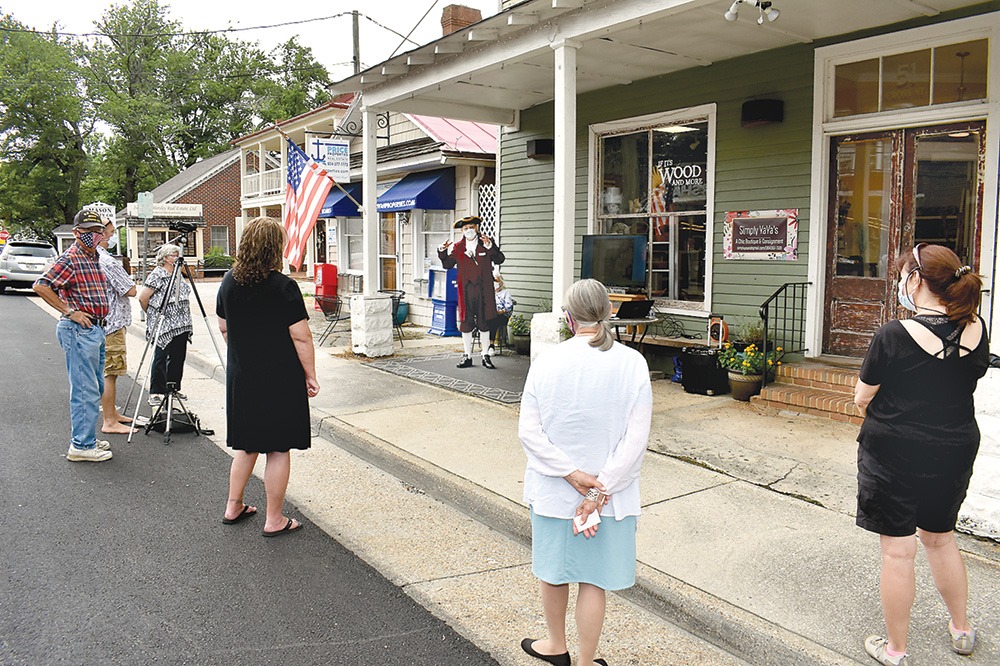
(Editor’s note: This is the first in a series of background stories submitted by the organizers of Urbanna Founders Day, which was officially celebrated this past Saturday, Aug. 1.)
by Nancy Fisk and Paul Malone –
Land adventurers, also known as “gentlemen of fortune,” received large tracts of land in the colonies from the British Crown, to settle at their own risk and their own expense. The Crown left them alone to develop their own way of life, often modeled after existing English systems.
In 1649, Capt. Ralph Wormeley received 3,200 acres of land that became Rosegill plantation.
As Wormeley’s and other plantations grew and prospered, they became the center of life in the area that would become Middlesex County in 1668. Wormeley, like others, became a planter/merchant.
Here’s how it worked:
The plantations’ private docks gave easy access to trading with England, and the plantations functioned like small towns with their own blacksmiths, carpenters and other tradesmen to make the articles necessary for colonial life. These planter/merchants provided retail goods stored at their homes, and other services to the population. They acted as middlemen to transport and sell tobacco from the smaller landowners. The large planter/merchants served as the center of all business life. This was Ralph Wormeley II’s cherished lifestyle.
However, this way of growing a colony did not accommodate the practice of English common law, nor did it provide for additional settlement, or for commercial opportunities for English merchants and investors.
In 1680:
31 years after the establishment of Rosegill the Virginia General Assembly passed the “Act for cohabitation and encouragement of trade and manufacture,” which created a town for each of the emerging Virginia counties. The act noted that tobacco would remain the only commodity and manufacture of this country, “if the same be not by all prudential meanes and wayes prevented.”
The act specified that 50 acres of land be purchased by each county to be laid out for a town and storehouse. In Middlesex, the proposed town was to be built on the “west side of Wormeley’s Creek.” Known to us today as Urbanna Creek, it was a deep-water creek for large sailing ships. It also had high banks for protection from flood and storm – an ideal location for a port town.
Wormeley must have felt betrayed by this direct attack on his way of life. As a loyalist, he superficially complied with the act by accepting payment of 10,000 pounds of tobacco for his 50 acres. But for the rest of his life, over the next 21 years, he stubbornly and successfully resisted signing over the title to the land, even after being taken to court and promising to do so. He forcefully disrupted all efforts to build a town without a title to the land.
After the senior Wormeley’s death in 1701, his son continued resisting but was not as successful as his father. In 1706 the Port Act was passed, and with thanks to three persistent “founding fathers,” Christopher and John Robinson of Hewick, and Harry Beverley, the recently built and approved town was officially named the Burgh of Urbanna.
Southside Sentinel reporter Larry Chowning contributed to this story. Check out his “Signatures in Time” book for added background.)



